Pope Francis calls on theology to be an agent of cultural change in Sicily, affected by the mafia
He invites to build networks of salvation and hope through forgiveness
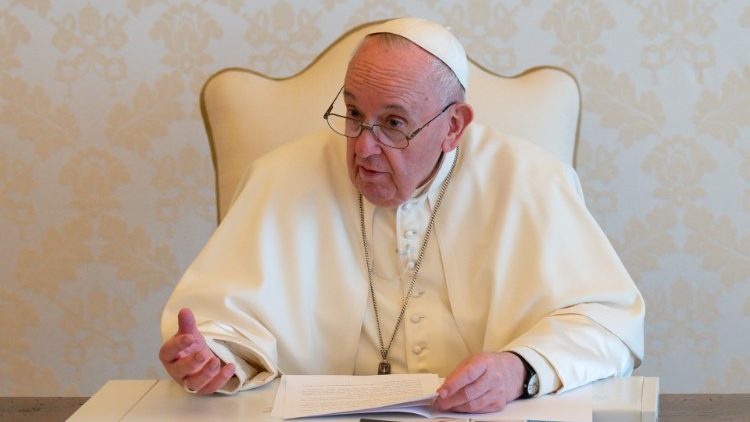
On October 16, Pope Francis addressed the Pontifical Theological Faculty of Sicily “San Giovanni Evangelist” through a video message, on the occasion of the opening of the new academic year. In his speech, the Pontiff stressed the importance of initiating “processes of theological and social research on forgiveness.” He referred to figures such as Father Puglisi and the magistrates Borsellino and Falcone, who are considered “living chairs” of justice, and called on theology to contribute to the cultural rescue of a region still marked by the influence of the mafia.
A commitment to justice and human dignity
The Pope underlined the challenges that the Mediterranean region poses to theology, emphasizing that the “announcement of the Gospel” implies a commitment to the promotion of justice and the defense of victims, in particular those affected by the mafia. Theology, according to Francis, must make a “leap of proximity”, looking at “human reality”, as Christ did by becoming one with those most in need. In his speech, he identified a series of challenges that must be addressed by the Faculty, including ecumenical dialogue with the East, interreligious dialogue with Islam and Judaism, and the defense of human dignity in the Mare Nostrum, where a “logic of death” often prevails.
A contextual and living theology
The Pope urged the development of a theology that is not only academic, but is rooted in daily life and acts as a call to all. “Theology must be cultivated with the promise of history,” he said, recalling that God’s commitment to humanity is manifested in love and compassion. Francis encouraged students to weave “evangelical networks of salvation” along the Sicilian coasts, promoting wonder and friendship as essential elements for faith.
Cultural redemption and the witness of martyrs
For the Pope, theology must immerse itself in history and reflect “the charity of Christ.” In this sense, he urged the Faculty to start a “theological and social laboratory of forgiveness,” where paths to a true revolution of justice are explored. This invitation is framed within the rich history of Sicily, which has given rise to numerous martyrs and witnesses of justice, who serve as examples of commitment and sacrifice.
Fostering interreligious dialogue and collaboration
The Holy Father also stressed the importance of cultivating ecumenical and interreligious dialogue in Sicily, where different cultures and traditions coexist. He affirmed that this path, although challenging, is fundamental and must be supported through experiences of encounter and collaboration, always listening to the Holy Spirit.
The connection between theology and literature
Finally, the Pope stressed the need to establish a dialogue between theology and literature, recognizing how the latter can help to understand the complexity of the Sicilian experience. Authors such as Pirandello, Verga and Sciascia have brought a profound insight into Sicilian thought, and Francis invited theologians to use humble and meaningful words to approach compassion and salvation.
With this call, Pope Francis seeks to inspire future theologians to be agents of change and hope in a Sicily that still struggles against the shadows of the mafia.
Related
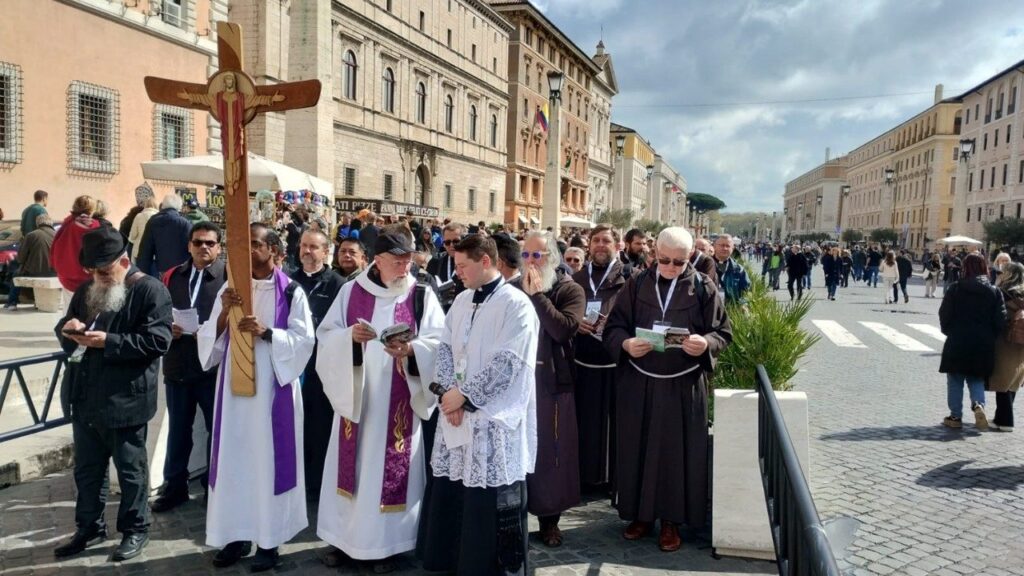
The Pope to the Missionaries of Mercy: God became man to reveal to the world that he never abandons us!
Exaudi Staff
30 March, 2025
2 min
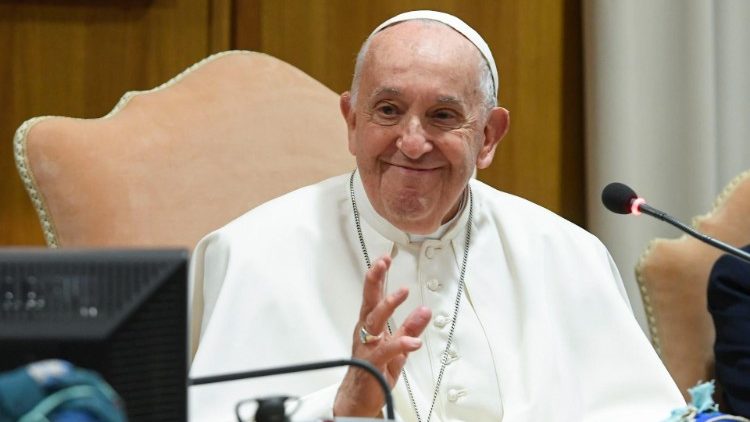
God’s Mercy and the Call to Peace in Pope Francis’ Angelus
Exaudi Staff
30 March, 2025
3 min
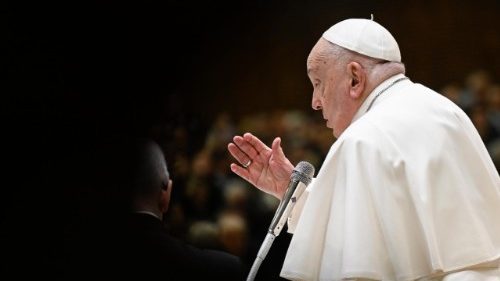
Pope Francis Improves and Prays for Myanmar Earthquake Victims
Exaudi Staff
28 March, 2025
1 min
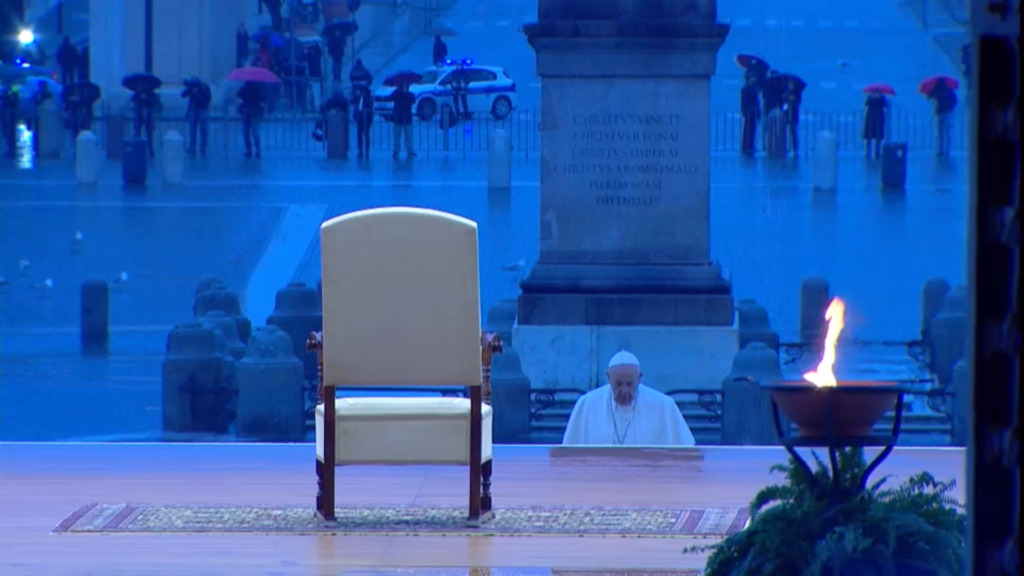
Five Years After Statio Orbis: Hope in the Midst of the Storm
Exaudi Staff
27 March, 2025
2 min
 (EN)
(EN)
 (ES)
(ES)
 (IT)
(IT)

